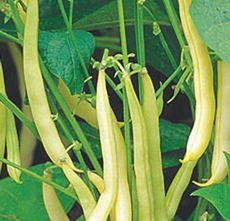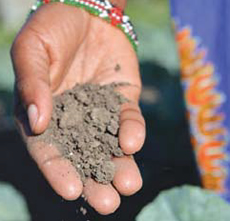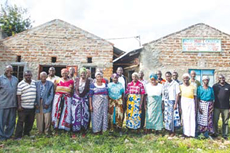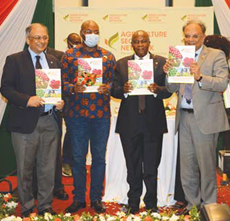Future of Beans has Never Been Brighter
 “Beans farming in Kenya is not as common as maize. However, it is one of the common grown crops in Kenya”.
“Beans farming in Kenya is not as common as maize. However, it is one of the common grown crops in Kenya”.
You probably interact with beans often enough to react when it appears in a story headline. You probably also note that when there is a discussion on main cash crops in the country, beans are not usually among the first suggestions. Yet, Kenya earns a fortune from the export of beans, as much as it benefits from having a population pumped with the proteins that beans boast. It, therefore, should be in the national discourse that beans production declined by 10.8 per cent to 8.3 million bags in 2019.
Kenya harvested 8.5 million bags of the legume in 2015, 8.1 million in 2016, and an impressive 9.4 million in 2017, the Kenya National Bureau of Statistics (KNBS) data show.
The figures declined to 9.3 million in 2018 and later to 8.3 million in 2019. That was a drop of a cool one million bags in the year. The year 2019 will be remembered as grim and unforgiving to the agricultural sector. The year began with a semi-drought, the long rains usually experienced around April failing. The Famine Early Warning Systems Network blamed the failure of Kenya’s long rains on tropical cyclone Idai, which “redirected moisture away from the region”.
Read more ...
The Impact and Benefits of Soil Management & Research
 Healthy, nutrient-rich and biodiverse soil is not only vital to the sustainability of global agriculture, but it is essential for farmers to grow nutritious crops that keep humans healthy.
Healthy, nutrient-rich and biodiverse soil is not only vital to the sustainability of global agriculture, but it is essential for farmers to grow nutritious crops that keep humans healthy.
This concept—improving soil health—is a concept that has really caught fire across a large portion of Kenya farming systems. Farmers realize that not only are there multiple environmental benefits in improving soil health, but it also improves the profitability of their operation by supporting higher yields, retaining water deeper in the profile that improves resilience to drought and more. There’s a little bit of up-front investment, but a huge amount of long-term payoff.
Read more ...
 Sorghum and Green grams farming is a tradition in Makueni that dates back. Amuka hub from Makueni County in Eastern region Kenya has been growing Sorghum and green grams for many years. But traditional farming practices were not resulting in good yields.
Sorghum and Green grams farming is a tradition in Makueni that dates back. Amuka hub from Makueni County in Eastern region Kenya has been growing Sorghum and green grams for many years. But traditional farming practices were not resulting in good yields. “Beans farming in Kenya is not as common as maize. However, it is one of the common grown crops in Kenya”.
“Beans farming in Kenya is not as common as maize. However, it is one of the common grown crops in Kenya”. Healthy, nutrient-rich and biodiverse soil is not only vital to the sustainability of global agriculture, but it is essential for farmers to grow nutritious crops that keep humans healthy.
Healthy, nutrient-rich and biodiverse soil is not only vital to the sustainability of global agriculture, but it is essential for farmers to grow nutritious crops that keep humans healthy. Briefly define a weed?
Briefly define a weed? It was pomp and colour as ASNET launched the first Strategic Plan 2021- 2024 at Crown Plaza Hotel, Nairobi. The Strategic Plan will guide ASNET towards accomplishing its mandate in realizing its aspirations through partnerships to contribute to the revolution and transformation of the agriculture sector. The event was officiated by Dr. Kevit Desai, Principal Secretary in the State Department of East African Community (EAC), Prof. Micheni Ntiba, Principal Secretary in the State Department for Fisheries, Aquaculture and the Blue Economy and Harry Kimtai, Principal Secretary in the State Department of Livestock. Others who graced the event included Government officials, development partners, businesses, and associations in the agriculture sector.
It was pomp and colour as ASNET launched the first Strategic Plan 2021- 2024 at Crown Plaza Hotel, Nairobi. The Strategic Plan will guide ASNET towards accomplishing its mandate in realizing its aspirations through partnerships to contribute to the revolution and transformation of the agriculture sector. The event was officiated by Dr. Kevit Desai, Principal Secretary in the State Department of East African Community (EAC), Prof. Micheni Ntiba, Principal Secretary in the State Department for Fisheries, Aquaculture and the Blue Economy and Harry Kimtai, Principal Secretary in the State Department of Livestock. Others who graced the event included Government officials, development partners, businesses, and associations in the agriculture sector.